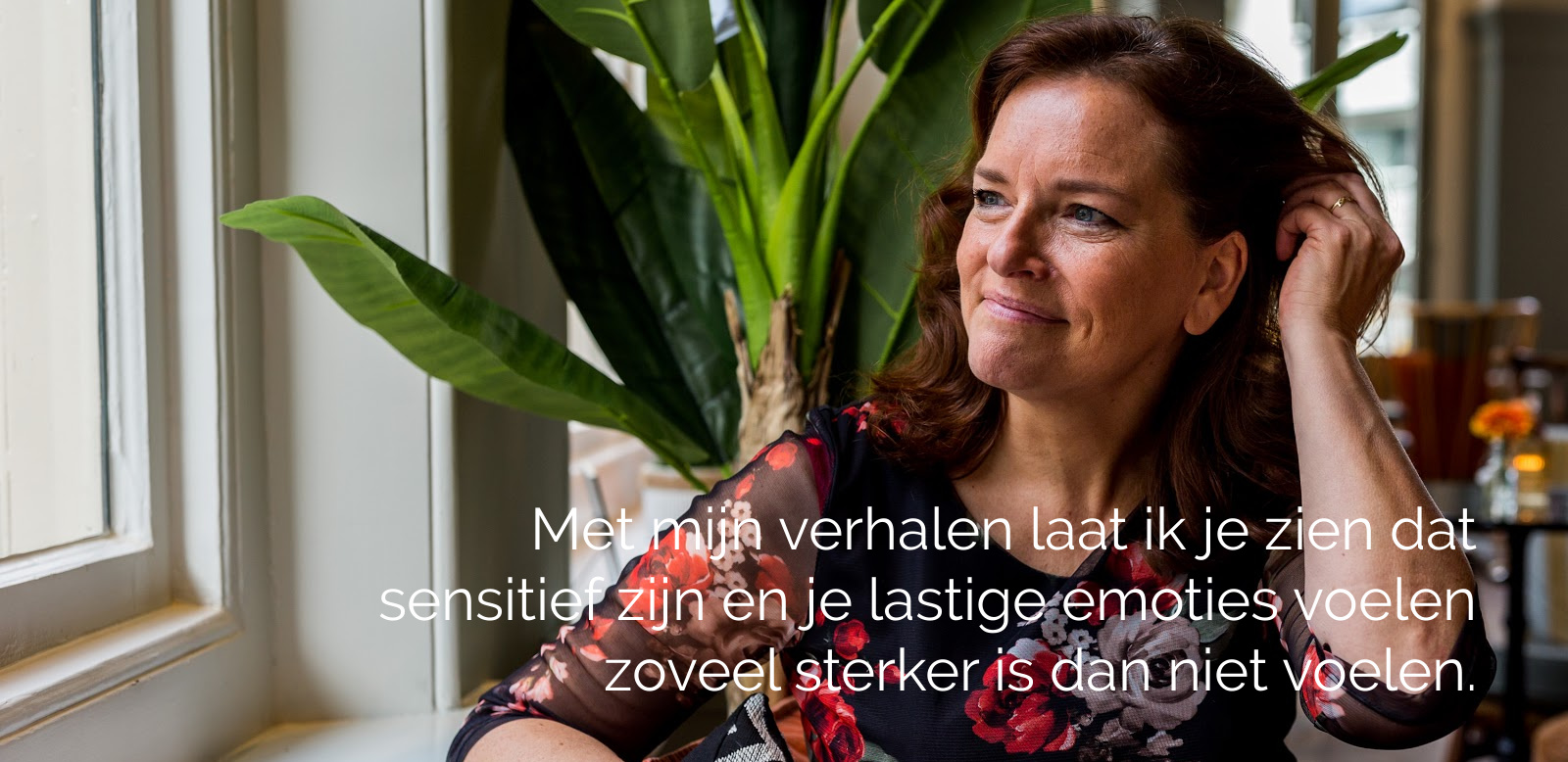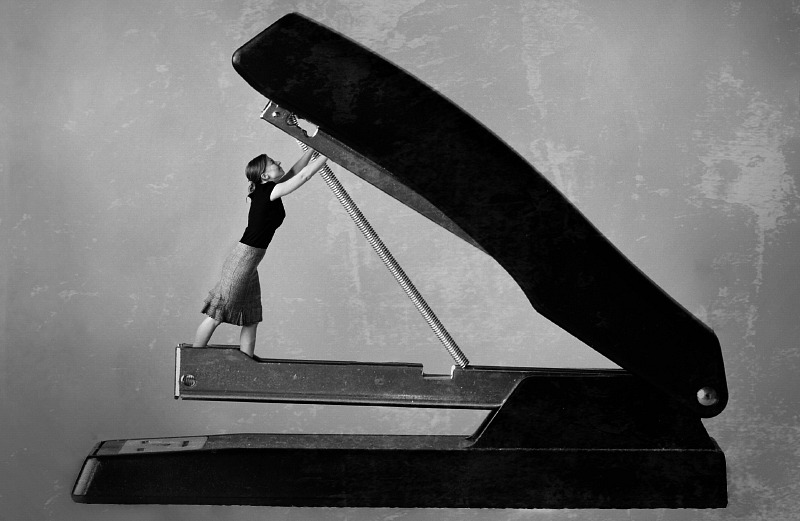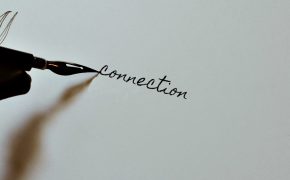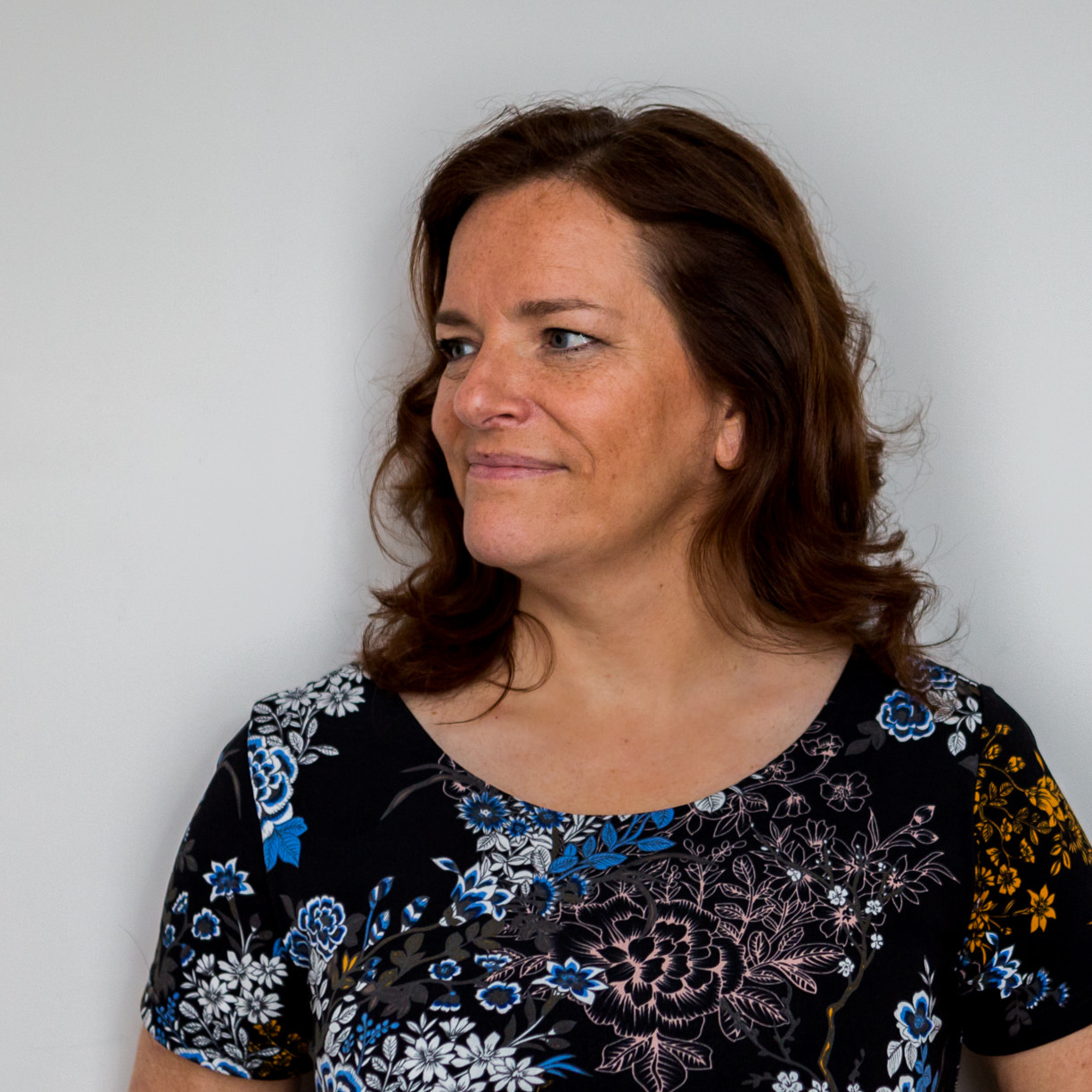How to learn from mistakes as an adult
We’ve all been there, we make a mistake , we misjudge a situation or we say or do something and later find out it wasn’t such a bright thing to do. We’re all human beings and we are not perfect. Even though we so eagerly try to be flawless or expect it from the people we share our lives with. That wish, is an illusion. None of us is flawless. Making a mistake shouldn’t be such a problem though, if we know how to deal with it.
For some of us dealing with our missteps can be quite challenging. Not because we don’t want to correct our wrongdoings. I strongly believe that some of us just didn’t have the opportunity to learn this skill in their childhood. If you were allowed to learn from your mistakes as a child, you also would have experienced that there was room for your disappointment, anger, sadness and shame. You experienced that there was room for you, as a child. You would have learned how to cope with these feelings and you know how to apply this in your life today whenever you make a mistake and again are confronted with these same feelings.
Instead of running away and evading the subject, denying something’s wrong and choosing to fight what/who is in front of you or freezing and trying to make yourself invisible, you know now what to do.
Learning how to deal with feelings and emotions is an important part of a child’s upbringing. Were you not or insufficiently guided by your parents or caregivers in learning this skill? As an adult you can still learn this. If you want to do things in a different way, the opportunity and the responsibility lies with you. In your life now as an adult, you are capable of creating a safe environment for yourself to do things differently. You can, at any time. You may.
How to learn from mistakes
The first step to take is to become aware that inside you there’s still a child (that part from your childhood) that is struggling with this issue. A child that needs your help. What your child needs is to be seen and to be heard, by you. Therefore it is essential for you to create a safe environment so that it can express itself. An environment without judging and without criticism. You now have the chance to be the parent that you needed when you were a child. You now can be the person that does listen to you and does help you to do things in a different way.
Feel and listen
- Allow yourself to feel your sadness, your anger and your shame (your emotions do matter)
- Give yourself a voice and express what happened and why you feel this way
- Listen to yourself without judgment and give the child inside you the chance to speak
- Comfort yourself (in your imagination give yourself a hug or wrap an arm around yourself)
Primarily you do this for you. Your feelings do matter. You matter. If you find it difficult to express yourself, writing can help with giving yourself a voice and expressing all that’s going on inside you.
These are essential steps for you to take. By taking these steps you will release the tension that you will probably feel in this situation. By releasing the tension you make room so that you can look at what happened in a more peaceful and honest way. Without judging yourself and without judging the other person(s) involved.

Copyright picture: Elica Edijanto
Calm and honest
Ask yourself what just happened and what triggered these feelings for you.
What is it that you said or did? What knowledge or information has led to this conclusion? Is it possible that you didn’t have all the information needed? Could it have been an impulsive decision? Was there something that was said or done by someone that triggered an unresolved emotion or experience from your past? Do you know what that was? And was how you responded fair? How were your expectations? Were they right? Can you look at the situation from a different perspective? If someone else is involved, can you try to step into his or her shoes and look at what happened through their eyes?
Be honest, how difficult or painful that might feel. It is the only way to move to the next level.
- Know that life is made up of learning curves and that you can’t know everything. By doing you will learn what will work out and what won’t. What is good for you and what isn’t.
- Know that we all look at this same world from our own and so from a different perspective and perceive the same things in a different way. So, what is wrong and what is right?
- Know that we all carry with us experiences and (unresolved) feelings from our past. Things that can still influence our behavior today. Can you see through someone’s behavior and notice that he or she might be troubled by that?
- Know that we’re all different and deal with our emotions in a different way and respond in a different way.
- Know that from time to time we all mess up. You are not the only one.
- Know that doing something wrong is not the same as being wrong. There is a huge difference.
Accept, take responsibility and share
What to do next? There is nothing else to do but to get up on your feet again, dust yourself off and get on with your life.
- Accept what happened. After you’ve felt what needed to be felt, don’t stay there. Accept how you feel, how painful that might be. Slowly the feelings of sadness, anger or shame will let go of you (instead of you trying to let go of them, something that won’t work).
- If you’ve said or done something that wasn’t okay, the responsibility of this lies with you.
- Have the courage to share what you feel and experience. If your relationship with the other person means something to you, find the courage to talk to them. It’s so worth it. Do so, without trying to right what is wrong. Without accusing the other. Without finding excuses. Just share how you feel, what you experienced and how it was for you.
- Find the courage to apologize.
- Ask questions if there is something you don’t understand of if you have a different view of something
- Open yourself to receive the sadness and anger from the other person. They also have felt emotions and their feelings do matter as well.
Who knows, if the tension between you two is gone you might be able to move on. And at the same time you’ve learnt something new. Something that will strengthen your relationship.
If it’s not possible to resolve the issue with the other person, then that is something you have to accept. Still, you will have learned something from the situation about what does work and what doesn’t. And what is good for you and what isn’t.
What you take with you the rest of your life
The most important part of this all, is that you give yourself the opportunity to experience making mistakes in a different way. By feeling your emotions you have made room for you. And you have learnt that you do matter. By looking at yourself and what happened honestly you’ve learned about vulnerability. By asking yourself questions you’ve given yourself the opportunity to search for new insights and new possibilities. All in all, you’ve given yourself a voice and you’ve appealed to and found your own strength. That, is something you will take with you for the rest of your life. Once you’ve felt and experienced something, it will stay with you. And this time, as a positive experience.

Copyright picture: Elicia Edijanto
Bit by bit it will be easier for you to deal with your emotions as anger, sadness and shame. Not that you will easily skip through these feelings. No, that’s not the purpose of doing this. You will still have to feel this. But the next time you make a mistake and you want to deal with it, you will notice that you won’t be pulled down by these feelings. It will be easier for you let them go and to do or say something to improve the situation.
Your life won’t end if you feel shame or disappointment. I know they’re not the most wonderful feelings to experience, but if you allow yourself to feel through them and take the effort to right your wrongs it will be worth it. For your relationships with others. And for yourself.
It is immensely courageous and powerful to address these often difficult feelings. To admit when you are wrong. To do your best to right what is wrong.
That isn’t vulnerable.
It’s incredibly strong.
And that, is what others will notice too.
Copyright featured image: Brooke Shaden












